04/12/2024 Conservation & Environment
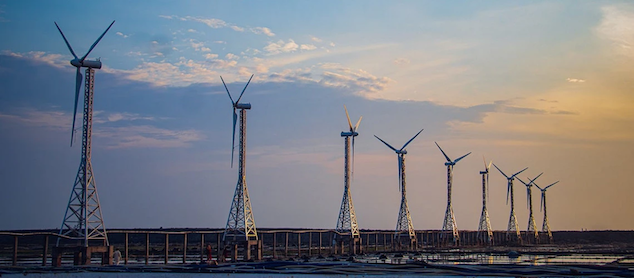 Wind Mill
Wind Mill
The African Development Bank (AfDB)’s 10- year strategy to combat climate change and biodiversity loss has gained traction. The blueprint which officially got adopted in May 2024, was the focal point of discussions at the just concluded United Nations Climate Change Conference (COP 29) held in Baku, Azerbaijan with stakeholders acknowledging its comprehensive approach to sustainable development in Africa.
At a round-table event titled "Africa's Green and Inclusive Future: Climate and Biodiversity Solutions in the African Development Bank's Ten-Year Strategy," Caroline Kende-Robb, Senior Director of Strategy and Operational Policies at AfDB, underscored the vision for a “prosperous, inclusive, resilient and integrated Africa.” The strategy identifies climate resilience and biodiversity protection as critical elements under its five cross-cutting pillars.
Kende-Robb noted, “The Ten-Year Strategy builds on the Bank's Climate Change and Green Growth Strategic Framework, aims to harness climate finance at sufficient scale and speed through resources, partnerships, and commitments to advance green economy value chains.” This proactive approach aims to capitalize on Africa's abundant potential in sectors such as renewable energy, sustainable agriculture, waste management, and carbon trading.
The Policy and Partnerships Manager for Africa at the World Wide Fund for Nature (WWF), Durrel Halleson commended the strategy for inclusivity. Highlighting its incorporation of biodiversity—cited six times within the document he remarked, “This shows the progress made by the Bank.” The WWF has actively collaborated with the AfDB since 2010 on numerous initiatives aligned with the Bank's operational priority framework known as the "High 5s."
By securing financial support for climate action, Robin Mearns, Global Director for Social Development at the World Bank Group, acknowledged the significance of AfDB’s new strategy in addressing Africa’s pressing challenges, particularly the need for robust investments in climate adaptation and mitigation efforts. With Africa requiring an estimated $2.7 billion for climate action by 2030—a goal hindered by the current reality of receiving only three percent of necessary funding, the need for expanded partnerships with multilateral development banks is clear.
Mearns emphasized the importance of equitable funding distribution, noting that only 17% of climate financing reaches local communities. “It is vital to position people and communities at the heart of all climate action,” he asserted, calling for participatory methods in financing and planning climate initiatives. Al-Hamndou Dorsouma, Acting Director of Climate Change and Green Growth at AfDB, expressed optimism about enhancing countries' capacity to access climate finance. Noting that the bank has already raised $1.3 billion for global climate finance between 2021 and 2023, also highlighted the $25 billion program launched with the Global Center on Adaptation to accelerate climate adaptation efforts.
He presented the AfDB as the only multilateral development bank to achieve funding parity for both climate adaptation and mitigation, with 60% of financing directed toward adaptation over the past three years.
This unprecedented commitment comes with the recognition that effective climate solutions must be rooted in local knowledge. Gareth Phillips, Head of the Climate and Environment Finance Division, reiterated the importance of leveraging non-market-based funding mechanisms to ensure critical projects receive the necessary financial support.
A robust framework that aligns with global climate initiatives, the AfDB seeks to transform Africa into a beacon of sustainable development while addressing the urgent need for climate action. The institution has positioned itself at the forefront of global efforts to combat climate change and ecologically protect the continent, all the while ensuring that local voices shape the future of climate governance. As global leaders unite in Baku, the insights gathered from this discussion will prove instrumental in shaping future climate strategies and collaborations in Africa and beyond.
By Ibrahim Mansaray
11/11/2024 Executive
 Oil in barrel
Oil in barrel
A January 2025 date has been set for the commencement of the $5 billion Africa Energy Bank (AEB). The bank, among others would seek to provide alternative source of funding for hydrocarbons projects on the continent.
The AEB which would bridge financing gaps in the continent’s oil and gas industry is being established by the African Petroleum Producers Organisation (APPO) in conjunction with the African Export Import Bank (Afrexim). Secretary General of APPO, Dr Farouk Ibrahim, confirmed 50 per cent of the total fund required for a AEB has been made available by shareholders.
APPO is an 18-member oil producing countries bloc. It drives development in the African energy industry.
Executive Board member representing Nigeria at the African Petroleum Producers Organisation (APPO), Nicholas Ella, made the disclosure at the just concluded 19th executive board meeting of the organisation in Yaounde, Cameroon adding that . Nigeria is fully committed to furnishing and delivering the building to the bank in good time. “This initiative would not only address the financial needs of the energy sector but also provide a platform for mobilising investments in oil and gas projects, which are vital for Africa’s economic growth and development.”
Informed sources in the oil industry told FS in Abuja Nigeria that a technical team recently inspected the AEB headquarters building adding that renovation works are ongoing to complete it and make it ready for the take-off. Nigeria won the hosting rights for the establishment of the AEB headquarters in Abuja in July 2024, after a fierce competition with Ghana, Algeria, South Africa, and Benin Republic.
The ratification of both the charter and headquarters agreement is said to be already at an advanced stage. Ella added: “The Attorney General concluded the process on September 9, 2024, and transmitted the AEB establishment documents, which are currently with the President (Bola Tinubu) for his assent. Once that is done, it will be forwarded to APPO.”
On equity contribution to the AEB, Ella said Nigeria is currently making efforts to complete her own share of the equity contribution to the AEB. He stressed: “Apart from the earlier payment of $59.12 million, an additional $10 million was paid into APPO Account by Nigeria last week. We intend to make full payment before the Bank takes off.
APPO scribe, Dr Ibrahim explained that the bank would have three classes of shareholders with APPO and Afrexim Bank occupying the priority shareholder position. Responding to Nigeria’s presentation, the APPO executive board member from Egypt, Ahmed Selim, was quoted to have described Nigeria’s explanation concerning preparations for the Bank’s take-off as “encouraging.”
By Reuben Adewale
21/10/2024 Executive
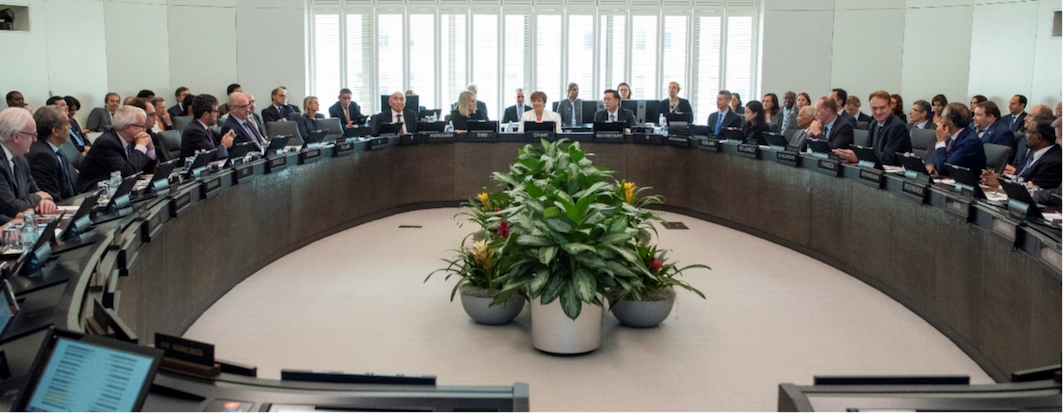 Executive Board International Monetary Fund (IMF)
Executive Board International Monetary Fund (IMF)
A total of $1.8 billion (SDR 1.4 billion) was disbursed by the international Monetary Fund (IMF) to countries under the Food Shock Window while it lasted.
The Food Shock window was a major innovation created by the Fund to address the global food crisis in member countries. It was initially set to operate for 12 months but was later extended to March 2024. The Fund worked closely with the World Bank, the World Food Programme, the World Trade Organization and the Food and Agriculture Organization both at headquarter and country levels and provided a response to the global food shock through the financing vehicle.
The Fund has equally contributed through policy advice, technical assistance and lending. Where needs and possible, financial support to countries affected by the global food shock has been delivered by the Fund through multi-year Fund-supported programs (Upper-Credit Tranche quality programs).
“Since September 2022, twenty-one countries affected by the global food shock have benefited from this type of programs. The Food Shock Window complemented this support in situations where UCT-quality programs were not feasible or not necessary”, it stated”.
According to the Fund, the global food shock and associated balance of payment pressures were expected to continue throughout 2023, but a 6-month extension was approved to allow the Food Shock Window to continue serving as a contingency tool in case members affected by this shock face urgent balance of payment needs, “and a UCT-quality program would not be feasible or not necessary”.
This extension also provided sufficient time to observe if the Food Shock Window can lapse without limiting the capacity of the Fund to support its members.
To ensure sufficient borrowing space under the emergency financing limits for those countries that have received support through the Food Shock Window, the Executive Board of the IMF has also approved the extension of additional 25 percent of quota added to the Cumulative Access Limit until end-2026 for countries that have accessed the Food Shock Window through the RFI and until the completion of the 2024/25 PRGT (Poverty Reduction Growth Trust) review for those that accessed the Food Shock Window through the RCF.
The Fund stated it will continue to work closely with its partners, using the whole range of its tools, to support countries affected by the global food shock.
By Vicky Sawyerr
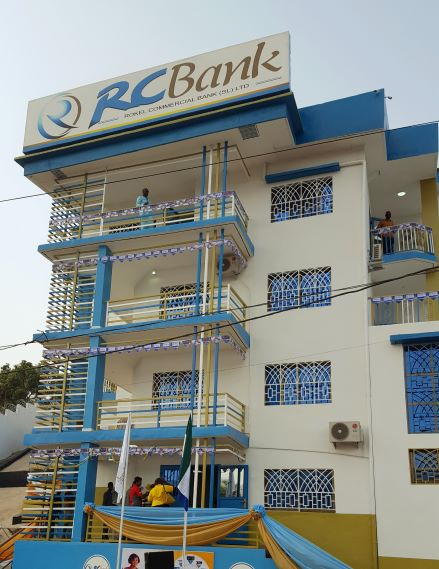
By John Marah

By Dolly Jones
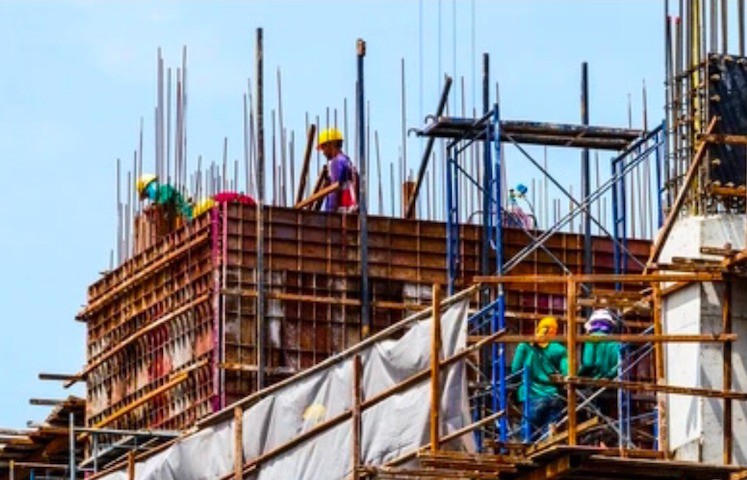
By Joan Bannister
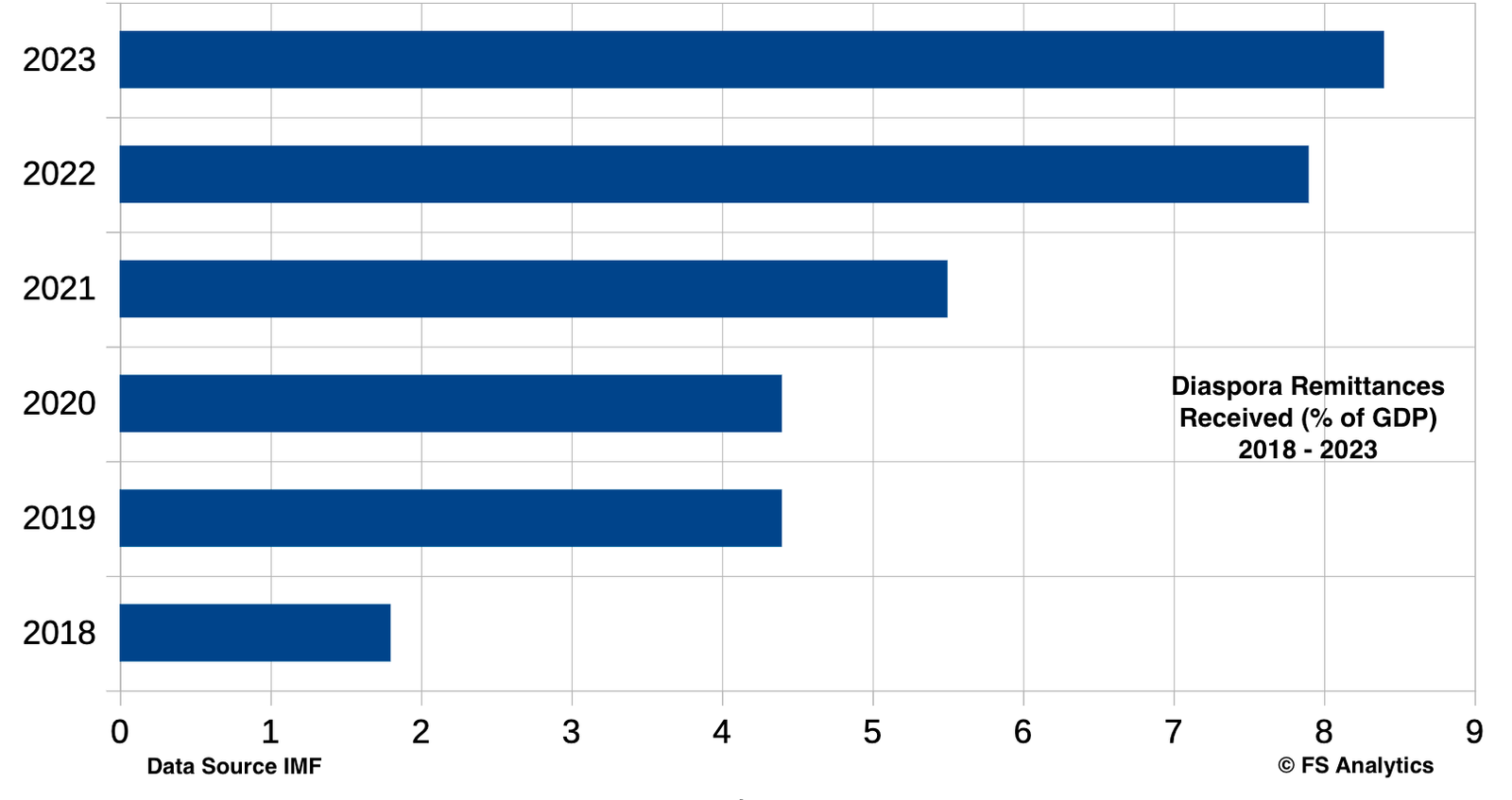
By Ibrahim Mansaray